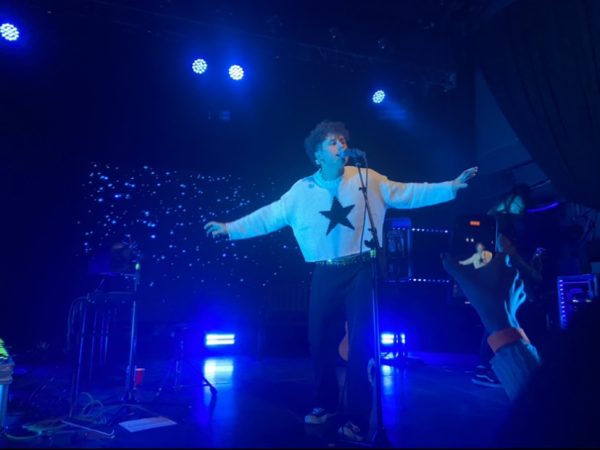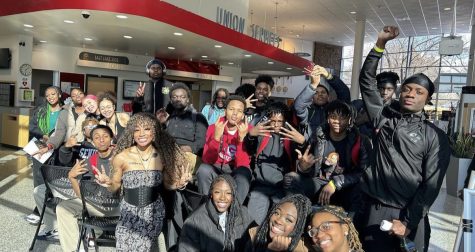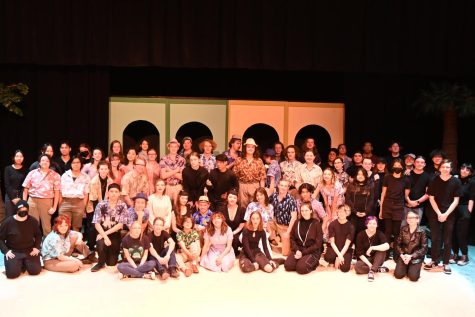Comedy an jokes require balance
ONE OF the weirdest things people do is laugh. Animals and humans alike have many things in common but one of the most curious is a sense of humor. At a young age a person isn’t taught to laugh, they are instead presented with something to laugh at such as “peek-a-boo.” This game however, is only fun with infants.
If someone tries playing this game with an adult it would be highly frowned upon. From an evolutionary standpoint, people laugh to create a form of community. Laughing in a group tends to bring animals and people together. After all, nothing is better than a good joke.
HuRL, or Humor Research Labs, proposed that in order for something to be funny, it needs to break what people expect and what they find natural.
The Benign Violation Theory states that if something people are used to (something benign) is mixed with a small violation (something wrong) humor will occur. A large problem with this is the joke being too lewd or offensive. “Telling these jokes is insensitive and rude,” Shayla Anderson (10) said.
One of the biggest problems students are facing is being in a room while someone tells a joke they don’t find funny. What is a person supposed to do in this situation? “Kids are dumb and will laugh at anything you tell them…if a person gets stuck in this situation, they’re going to have trouble because you don’t want to be the buzzkill and you don’t want to sit through the jokes,” Brenda Hays (10) said.
Some students think differently. “Clean jokes are lame and boring…Violation is what makes it funny,” Angela Larson (10) said.Young comedian Bo Burnham explained his song Sad from one of his comic shows. “‘Sad’ is, for me, about how while that sense of comedy is said to be ‘risqué’ and ‘pushing the limits,’ or even about ‘practicing free speech,’ offensive comedy could really be just mean,” Burnham said.
“At least a portion of it is just mean. It’s often said by privileged people who don’t have to experience the thing they’re joking about; they can make 95 percent of the room laugh about something that the other five percent could be genuinely experiencing…‘Do I really want to make a joke about a miscarriage when a woman in the audience might have had one?’ I know it’s the comedian’s instinct to say, ‘Do it, man, nothing’s off-limits! It’s cool, bro!’
I don’t know if that’s the answer for me…. Comedy should be a source of positivity. I don’t want to bully people, and I don’t want people to come to my show to feel terrible about something. So I’m actually very open to having a conversation about what I should or shouldn’t say…But I will gladly look at past jokes of mine and say, ‘Yes, this joke was just bad or distasteful, it made people laugh at something that’s easy, something that’s wrong to laugh at.’” Bo Burnham said. Being able to laugh about problems is a major coping mechanism for some people. Although, having to worry about offending someone stops people from saying what’s on their mind. “Know the person, know the joke. You have the right to tell your jokes but you also have the right to choose your audience,” Hays said. Gabriel Iglesias is another popular comedian. He was considerably large as a kid and his jokes helped him out. “I found that laughter was a form of acceptance and I really enjoyed that and I just – crave it,” Iglesias said. Having to go through these tough times of pain and devastation is hard, but these comedians are trying to find something to laugh at and make people happy. They’re trying to remember the good and laugh at the bad, but with this comes with problems surrounding how to tell these jokes. Calling friends dumb in a joking way can be humorous, but for some people it’s offensive. “Some people need to thicken up, but there is a line you should NOT cross,” Abby Kramer (10) said. Finding a balance between what is right and what is funny is the hardest part of being a comedian.










